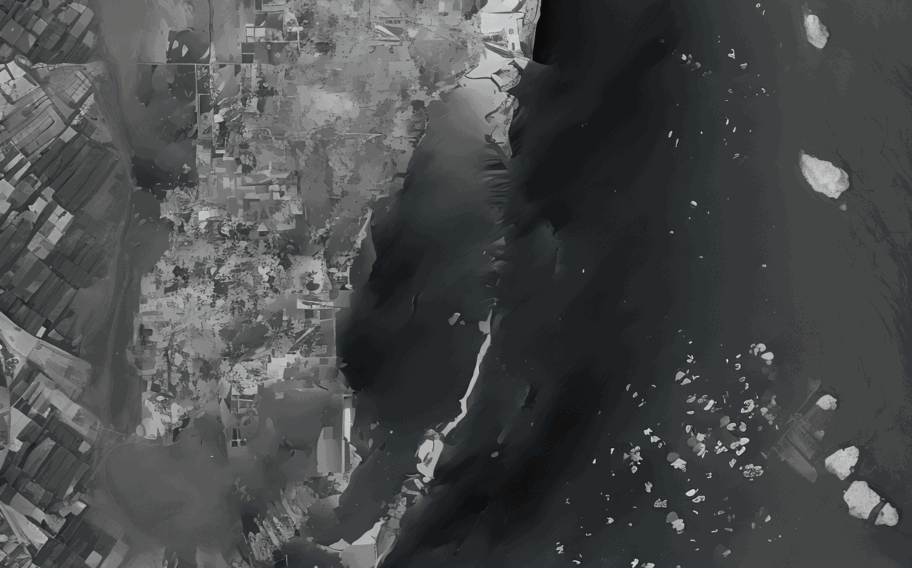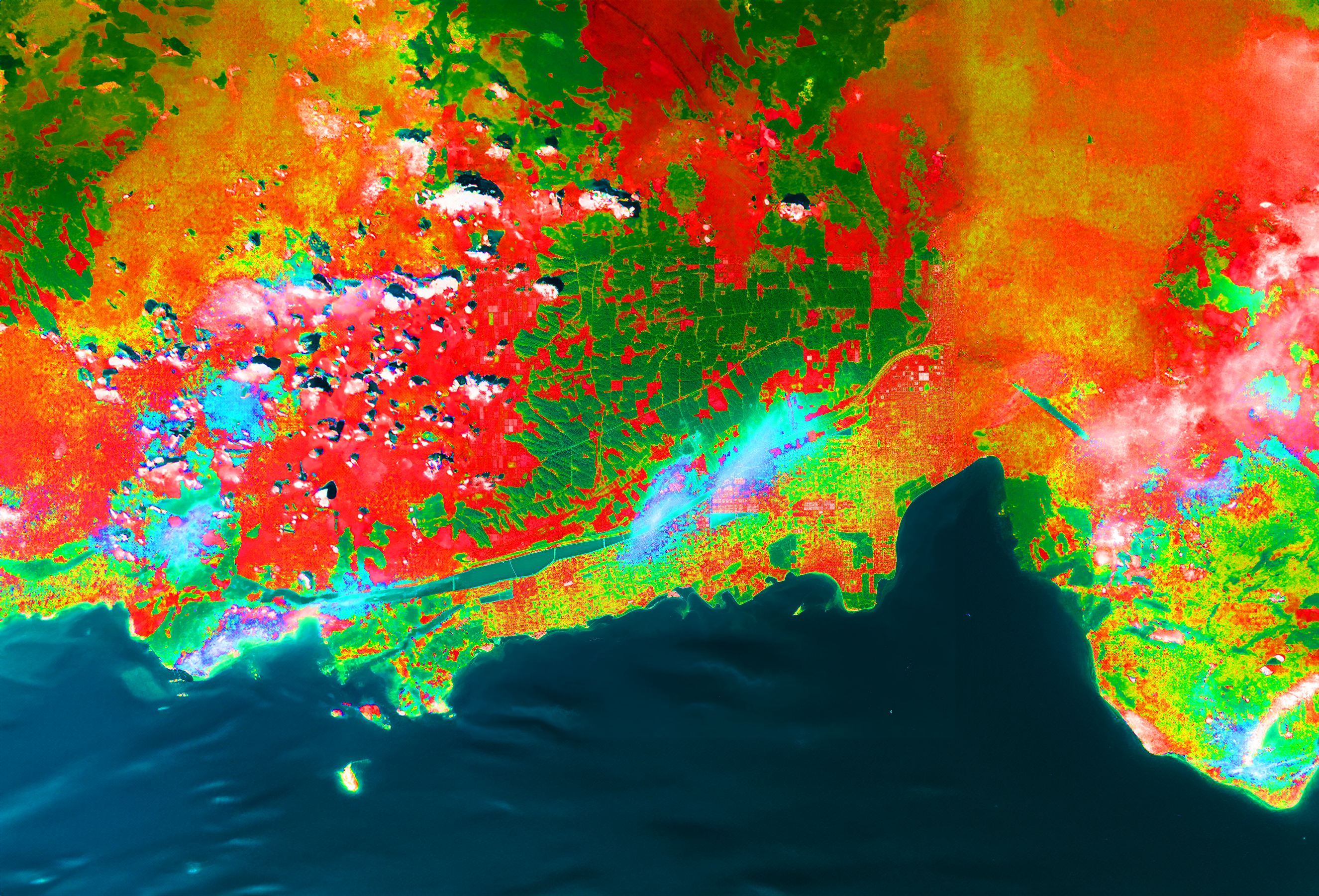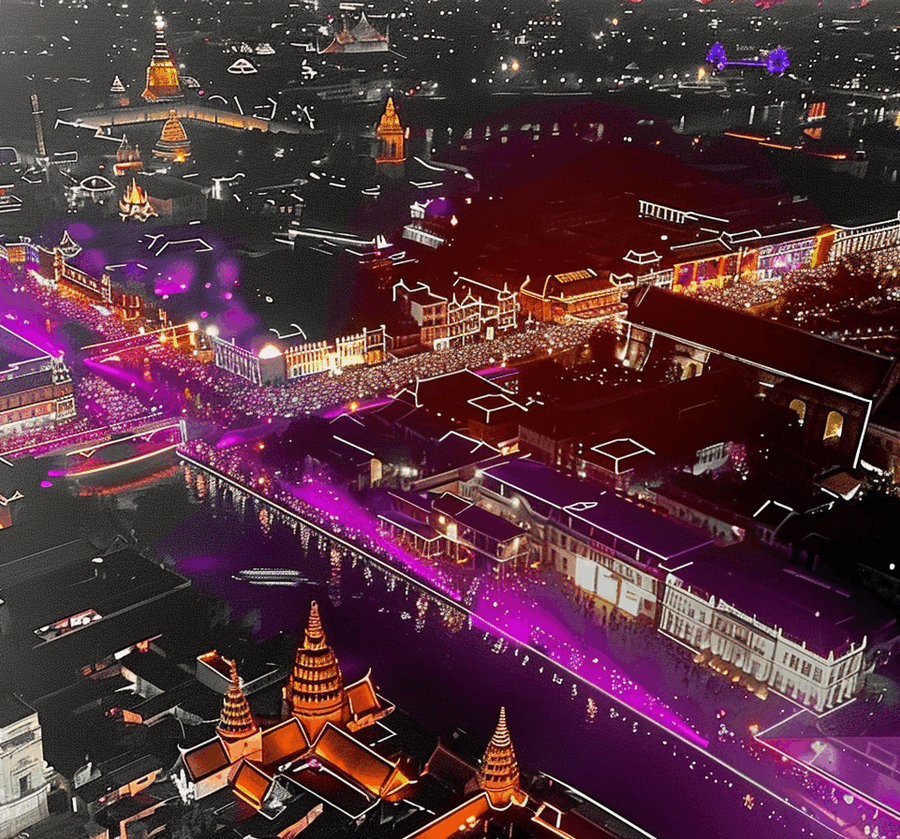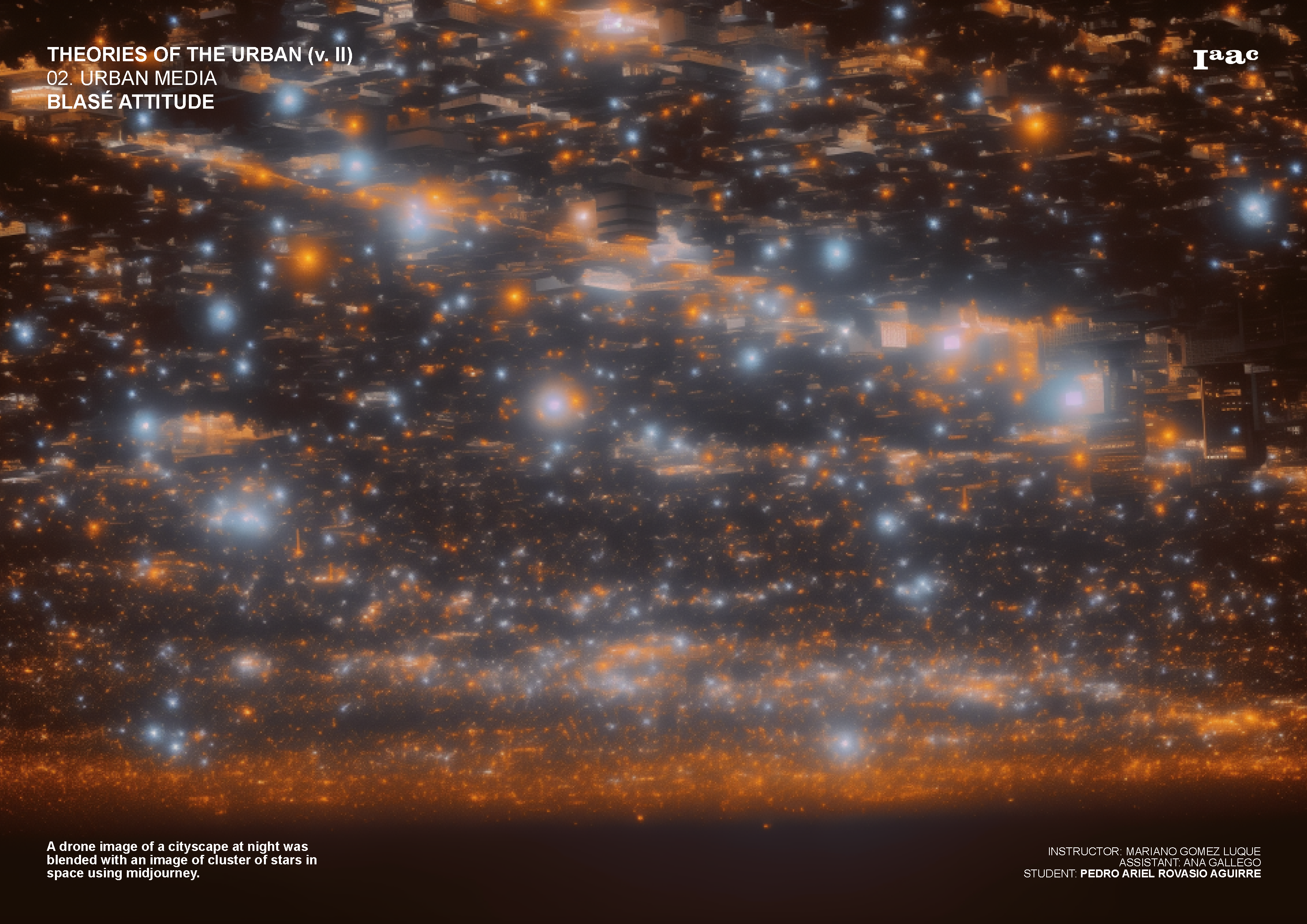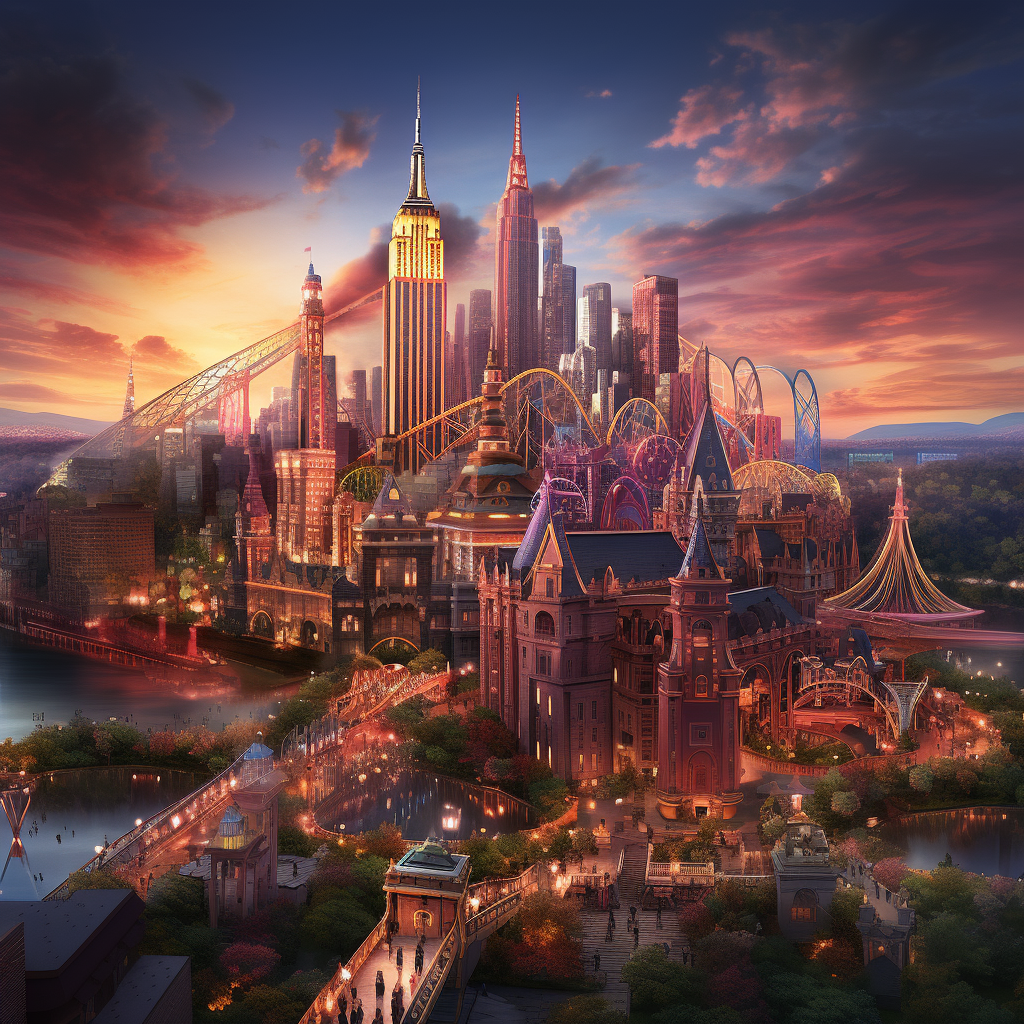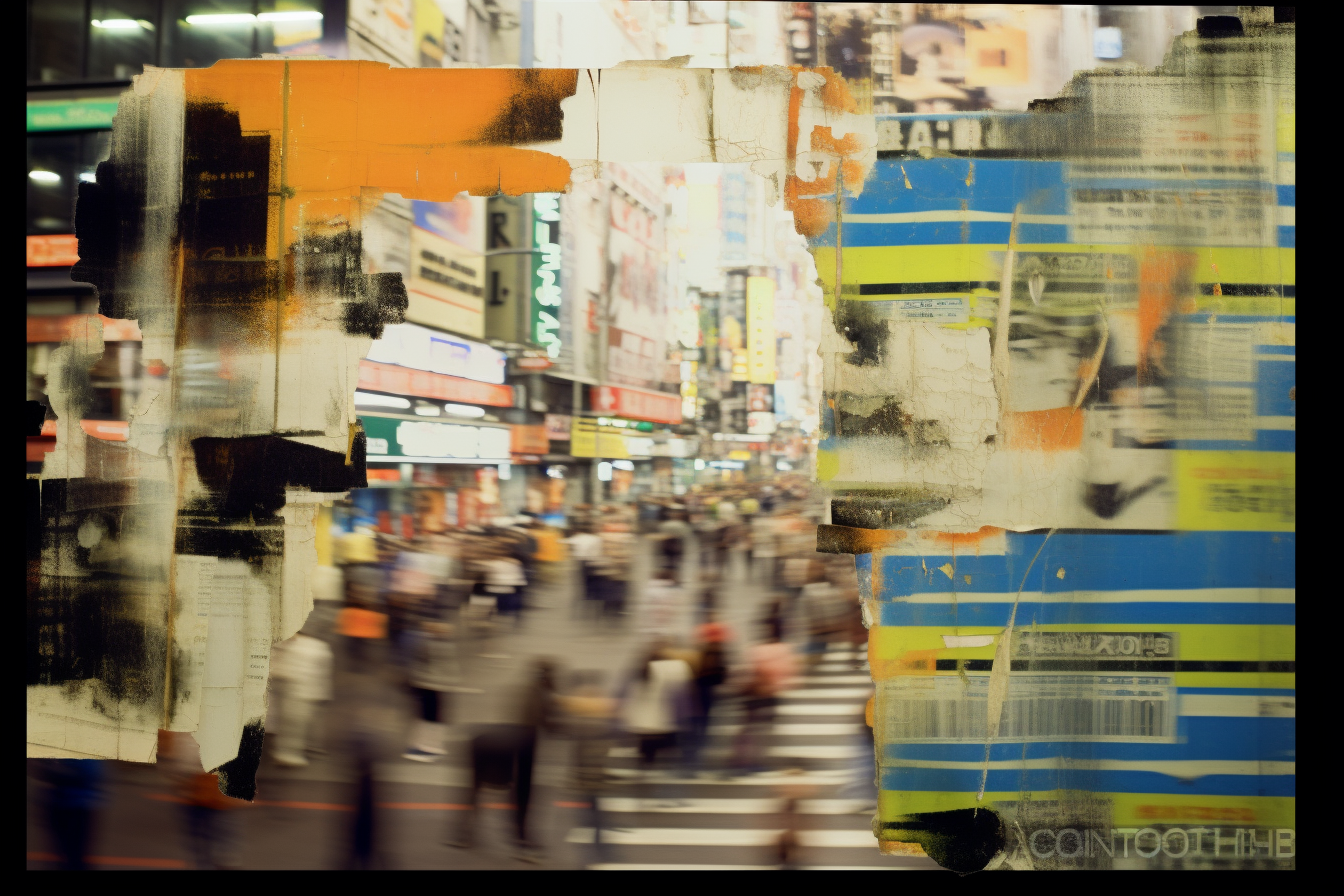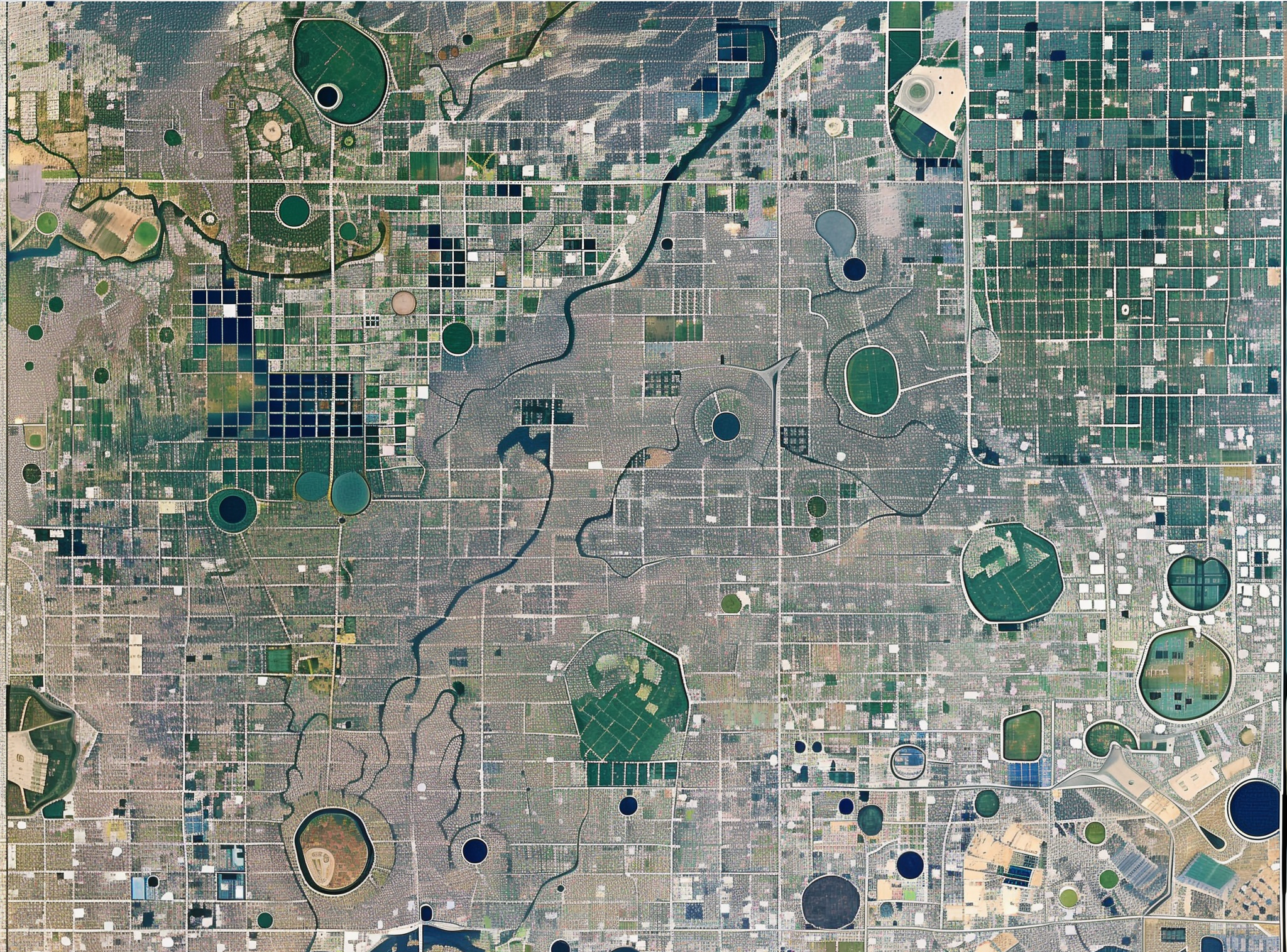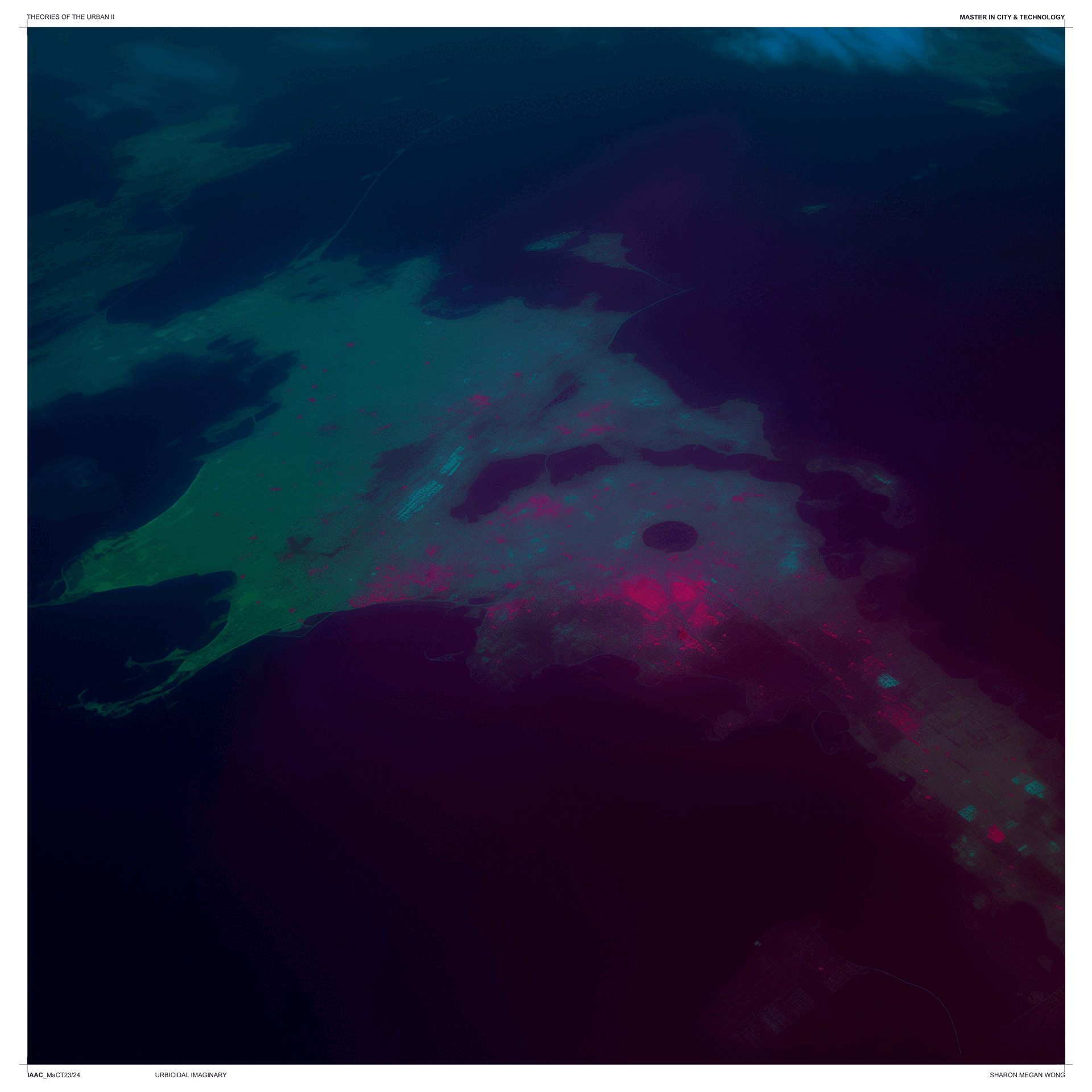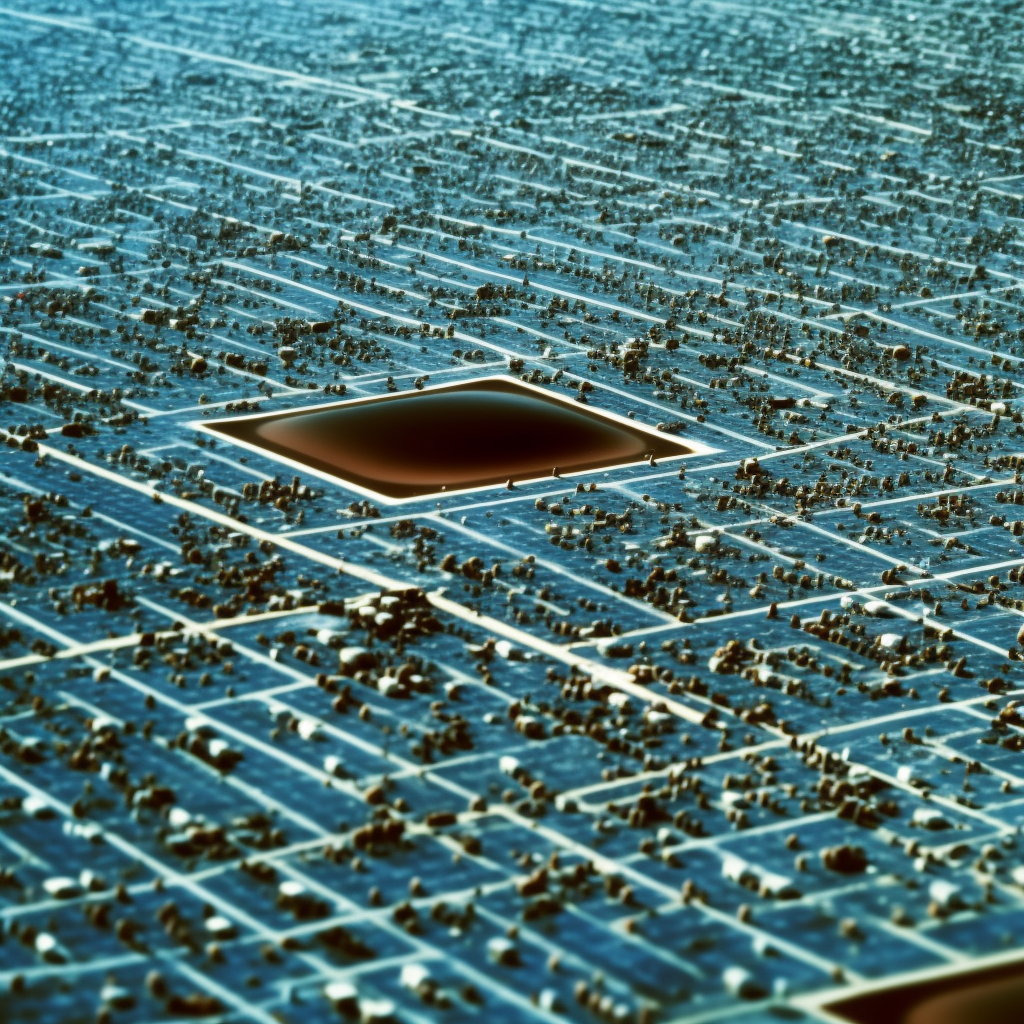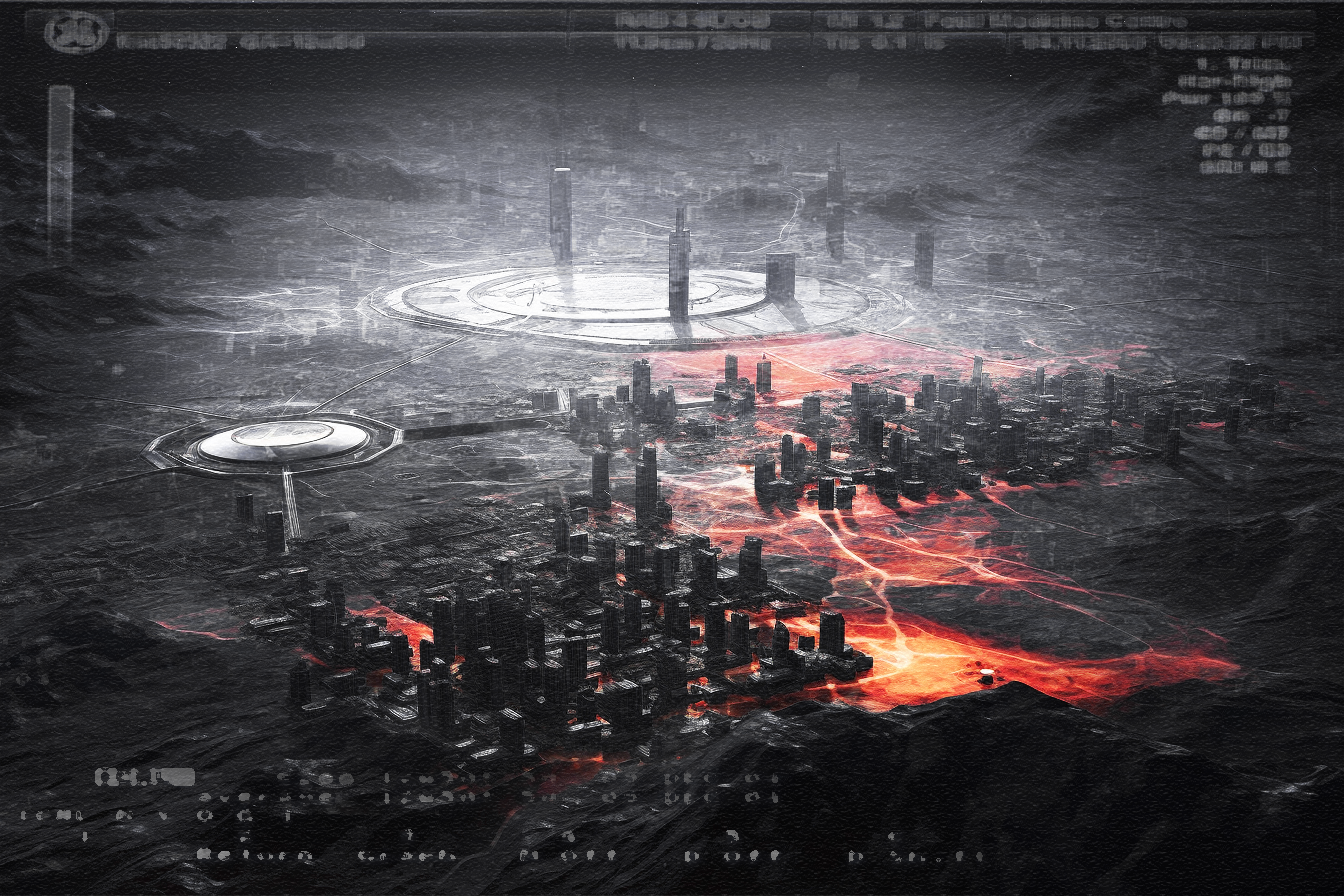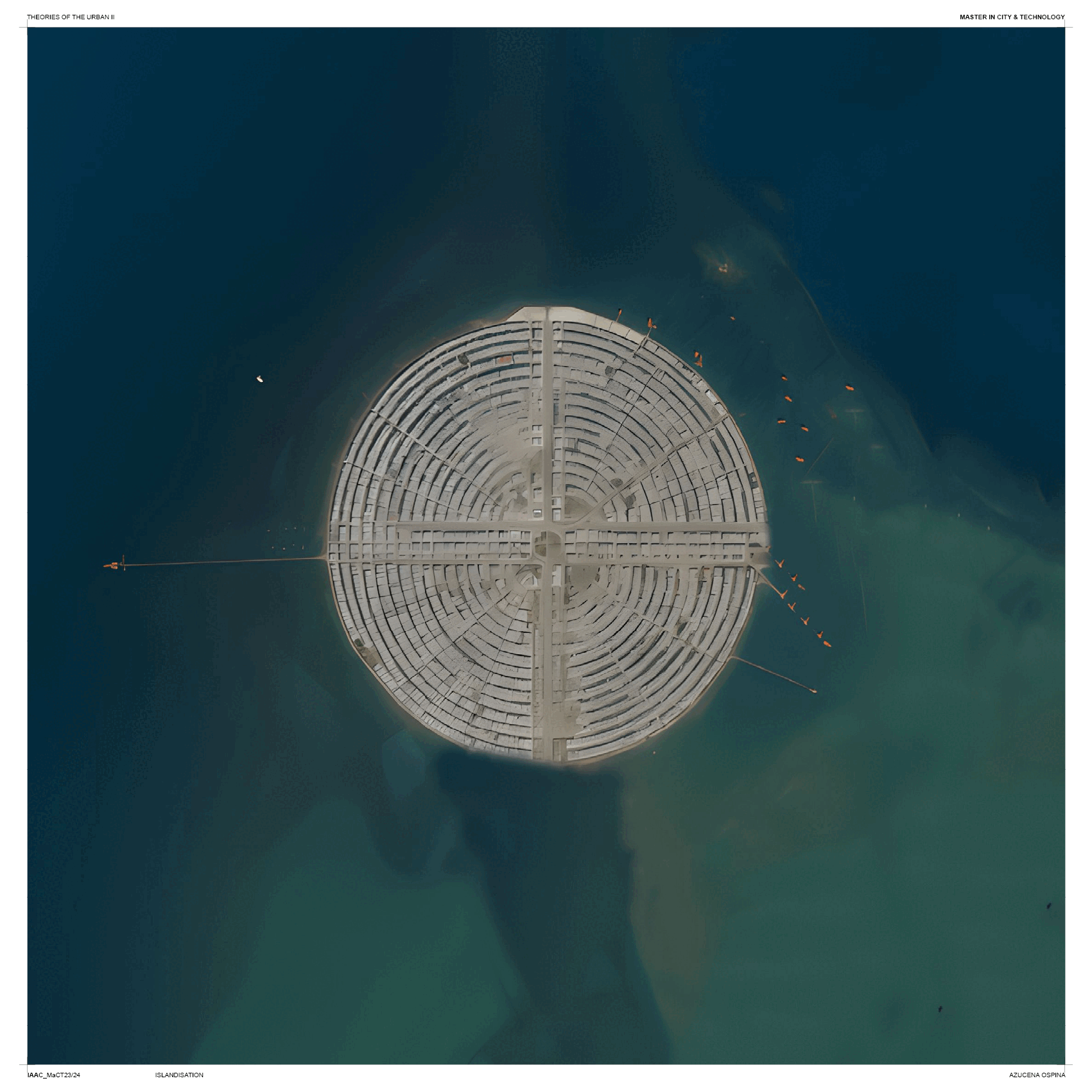Theories of the Urban II
URBAN RESILIENCE : A dynamic governance framework for the Anthropocene, urban resilience combines ecological strategies with infrastructure safeguarding, embracing diverse, site-specific approaches to ensure cities withstand and adapt to crises, thereby maintaining their core identity and functions. URBAN FUTURES: Reimagining sustainable cities in the climate crisis era, grounded in today’s social realities and informed by … Read more

